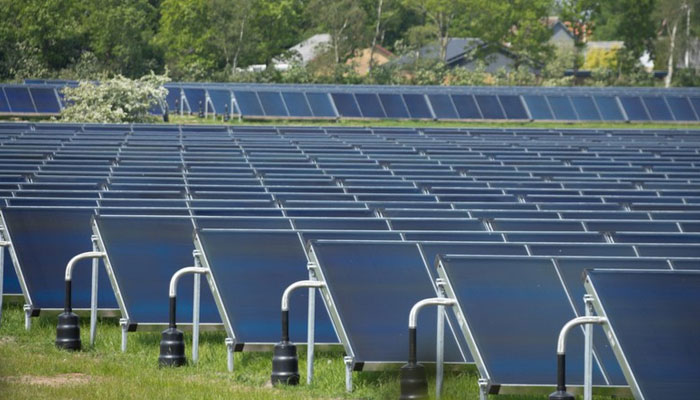Europe is making significant progress towards surpassing the European Union’s objective of reaching an annual solar manufacturing capacity of 30 GW by 2025, as per the European Solar PV Industry Alliance (ESIA). With more than 20 photovoltaic (PV) projects already in the works, and with expectations of further project announcements in the future, the region is on the right track. However, the realization of this projection will heavily depend on decisive action and strong policy support.
The European Commission initiated the alliance in December 2022, together with EIT InnoEnergy, SolarPower Europe, and the European Solar Manufacturing Council. The ESIA revealed its action plan at Intersolar Europe in Munich, presenting the findings. The plan aims for progress enhancement in four areas: supply chain challenges, non-pricing criteria, skills, and financial instruments. According to the ESIA, bringing back 30 GW of solar manufacturing to the EU will necessitate the recruitment of approximately 50,000 skilled workers.
To address non-pricing criteria, suggestions include creating specific segments of demand for high-quality PV European products and implementing a bonus system for public procurement. In terms of the supply chain, proposals involve adjusting energy price regulation legislation for energy-intensive industries that are strategically important for Europe. Additionally, regulatory and policy solutions are being explored to tackle issues related to Chinese solar glass, particularly focusing on antimony limits and their impact on recyclability and CO2 emissions levels.
The objective of the Net-Zero Industry Act is to address regulatory barriers that impede the growth of net-zero technologies. It intends to streamline the permitting process for both large-scale PV gigafactories and smaller PV manufacturing facilities within the domestic market, thereby encouraging stable investment. By doing so, the act aims to foster an environment of investment certainty. In addition, the updated Temporary Crisis and Transition Framework complements the upcoming Net-Zero Industry Act by allowing governments to extend support to investments across the net-zero supply chains, further enhancing their effectiveness.





































